Stakes high in battle between FC Sion and Uefa
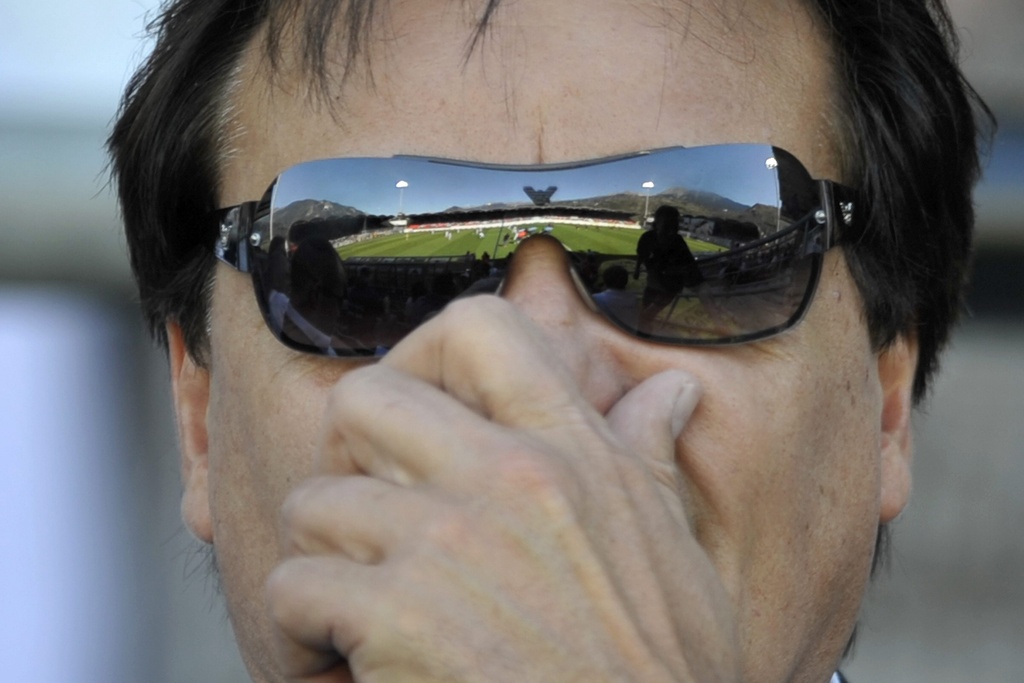
The Europa League began on Thursday without Swiss football team FC Sion, banned by Uefa, the sport’s governing body in Europe, for not respecting a transfer embargo.
A Swiss court has contested that decision, exposing Uefa to potentially serious consequences, according to sports law specialist Piermarco Zen-Ruffinen.
A legal offensive kept up for several weeks by Sion against the ruling powers of international football took a new turn this week.
On Tuesday morning, a civil court in canton Vaud ordered the football association to admit the Swiss team as a participant in the group stage of this season’s Europa League. The club from canton Valais had been expelled previously for fielding six ineligible players during playoff games against Scottish side Celtic Glasgow.
But later the same day, Uefa’s appeal commission ruled in favour of Glasgow, giving the Swiss team ten days to appeal to the Court of Arbitration for Sport. However, it will be too late, regardless what that court decides, for Sion to compete in the Europa League this year.
The latest twist saw the canton Vaud civil court decree on Friday that none of the results from the matches of the League’s group I would be validated until further notice according to a press release from Sion.
There is much more at stake in this complex affair than a clash of egos between Christian Constantin, Sion’s boss, and Uefa president Michel Platini. The row stems from the transfer of Egyptian goalkeeper Essam el-Hadary in 2008, judged illegal by Fifa.
Financially, Sion stand to lose SFr5 million ($5.73 million) following their disqualification. But there are also broader legal implications such as the autonomy of sport and its governing bodies, as Zen-Ruffinen, a professor at the University of Neuchatel explains.
swissinfo.ch: What is your reading of the battle being fought by FC Sion with the governing bodies of world football?
Piermarco Zen-Ruffinen: We are witnessing the confrontation between two legal spheres: state law on the one hand and private law on the other. Sport is not the only domain where private jurisdictions exists. You only have to think of the churches or workplace relations. But in the final instance, private associations by-laws have to conform to state legislation and cannot be placed above it.
swissinfo.ch: So Uefa cannot escape a civil justice decision with impunity.
P Z.-R.: No. Like you and I, Uefa is subject to civil justice. But civil justice must also have the means to enforce its decisions. In penal law, if you refuse to abide by a decision, there are sanctions. The same thing applies in administrative law; if you build a house illegally and you refuse to demolish it, the authorities will do it at your cost. In civil matters it’s more complicated because the authorities do not have similar means available to them. A simple fine is not really dissuasive. So Uefa does not risk much in the short term.
But Sion could seek damages with interest. And in my opinion Uefa can only lose. But it would take two years at the earliest to reach such a judgment while the litigation concerns the Europa Cup which started this week.
swissinfo.ch: If Sion persists, could they get a binding verdict like the famous “Bosman ruling”?
P.Z-R.: If Uefa loses the fundamentals of this case, there could be major implications. In the Bosman ruling, only the free movement of people was examined. The court held that the transfer fees due at the end of the contracts impeded the free movement of workers. In the Sion case, Uefa could be condemned for abuse of dominant position. And no one can say right now what the consequences of such a decision would be.
swissinfo.ch: Can Sion hope to emerge victorious at the end of the proceedings?
P.Z-R.: Sion has a chance of coming out on top of the proceedings but that will depend on the skill of those who defend its interests and the courage of the judges who will take on the case.
It could finish like the “Charleroi affair”, the name of a Belgian club that sought damages when its players returned injured after playing for the national team. As soon as Fifa smelt trouble, it settled the affair by signing a convention with the clubs concerned. I wouldn’t rule out a financial arrangement like this between Sion and Uefa.
swissinfo.ch: Is it normal for Sion to resort to civil justice while there are dedicated arbitration tribunals for the sport?
P.Z-R.: I am in favour of arbitration justice in sport as long as it offers the same guarantees as ordinary justice. But that is far from the case. Jean-Marc Bosman would never have won his case before an arbitration tribunal. What we are seeing in the Sion affair is a parody of justice. How can Michel Platini claim that the internal disciplinary tribunal and court of appeal of UEFA are totally independent? The Court of Arbitration for Sport is not independent either because some judges are linked to federations.
swissinfo.ch: So is the intervention of civil courts in sport necessary?
P.Z-R.: Yes because it forces the arbitration system to evolve towards more transparency, independence and impartiality. Civil justice contributes to improving the system. It’s indispensible. The United States saw a similar development 30 years ago. Several Supreme Court or civil court rulings forced the arbitration bodies to change their way of operating.
The conflict between FC Sion and the governing bodies of world football – Fifa and Uefa – began in February 2008 with the transfer of the Egyptian superstar goalkeeper Essam el-Hadary. Fifa suspended el-Hadary for four months and imposed two periods of inactivity on the club on the player market after judging the transfer illegal.
Sion appealed, invoking a procedural irregularity. But the Court of Arbitration for Sport ruled the appeal invalid. In January 2011, Switzerland’s highest court, the Federal Court, confirmed the ruling. Sion waited out a first period in January 2011 and then assumed it had served enough days of suspension equivalent to two transfer periods.
Fifa and Uefa did not agree and put pressure on the Swiss Football League to suspend the six new recruits signed in summer 2011. A civil court in canton Valais approved provisional measures in favour of Sion’s new players of FC. But Fifa and Uefa threatened Swiss clubs and the national team with sanctions.
On August 26, Sion knocked out Celtic Glasgow and qualified for the group stage of the Europa League. The Scots protested and on September 3, Uefa excluded Sion from the competition. On September 9 the court rejected the provisional measures demanded by the Swiss team against this exclusion.
The affair took another turn on September 13 when a Vaud cantonal court ruled in favour of the Valais club. It demanded Uefa reintegrate Sion into the competition, pending a later judgment on the substantive basis of the affair. But Uefa ignored the ruling and rejected Sion’s appeal. However, the court has now decided that any results from group I, in which the Swiss team should have played, would not be vaildated.
Fifa president Sepp Blatter was booed and heckled by Sion fans at a reception in his home village of Visp on September 16, because of his support for the Uefa position. But in an interview afterwards Blatter gave an assurance that the Swiss national team would not be affected by the Sion affair “whatever happens”.
(Adapted from French by Clare O’Dea)

In compliance with the JTI standards
More: SWI swissinfo.ch certified by the Journalism Trust Initiative
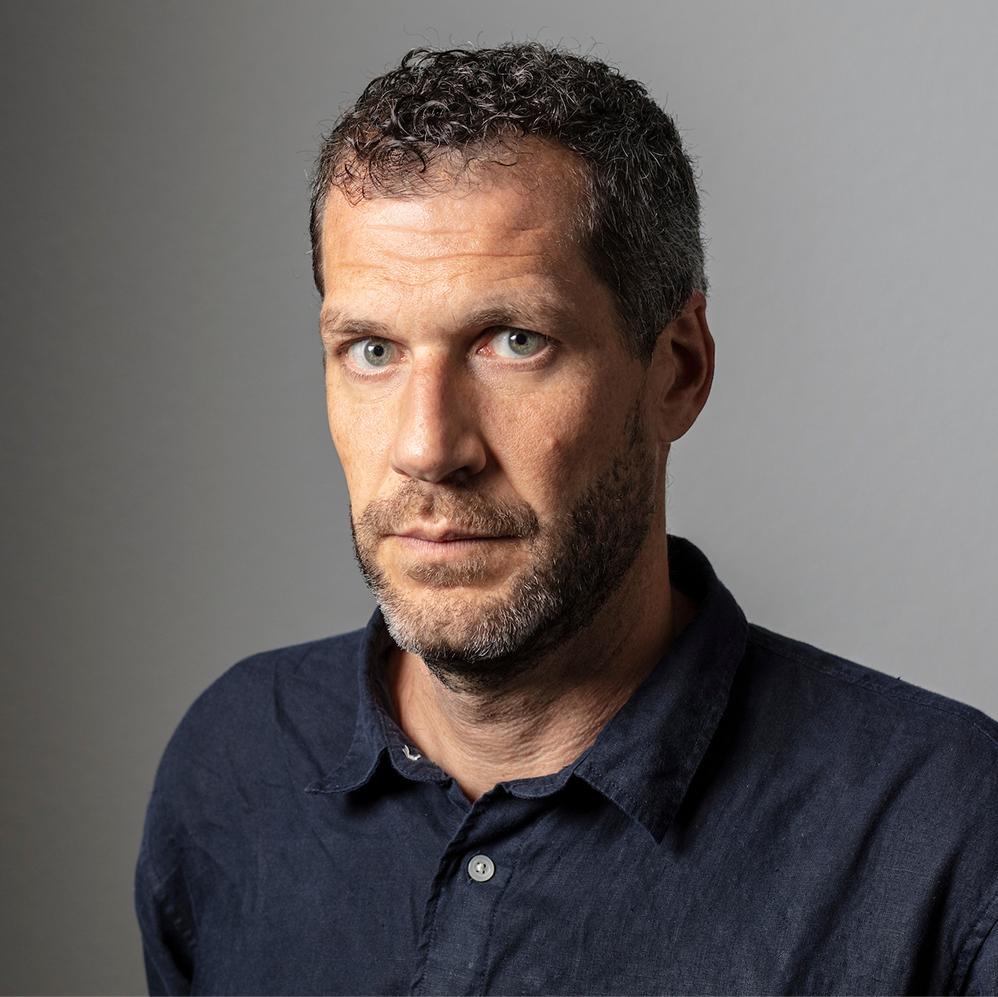
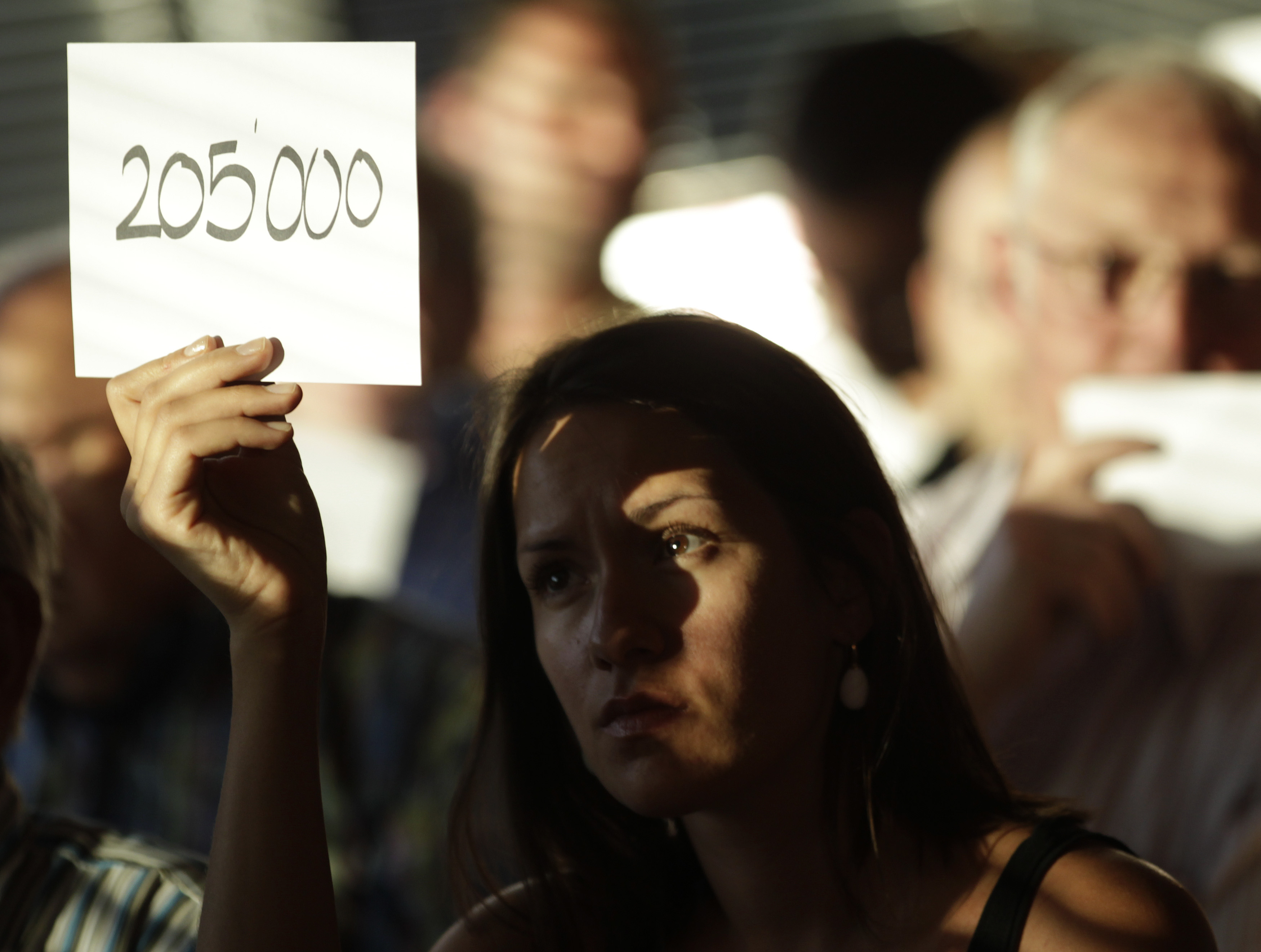
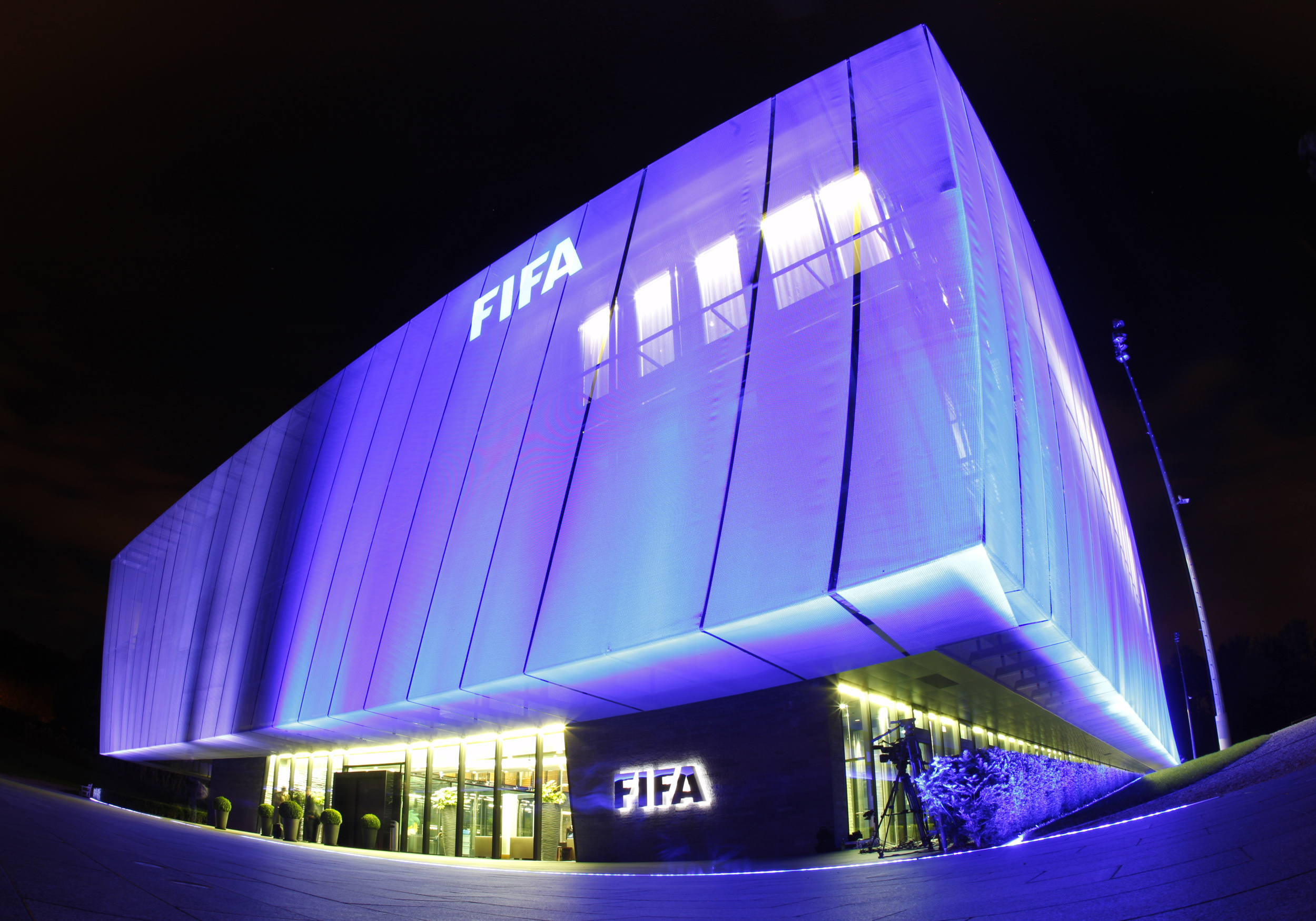
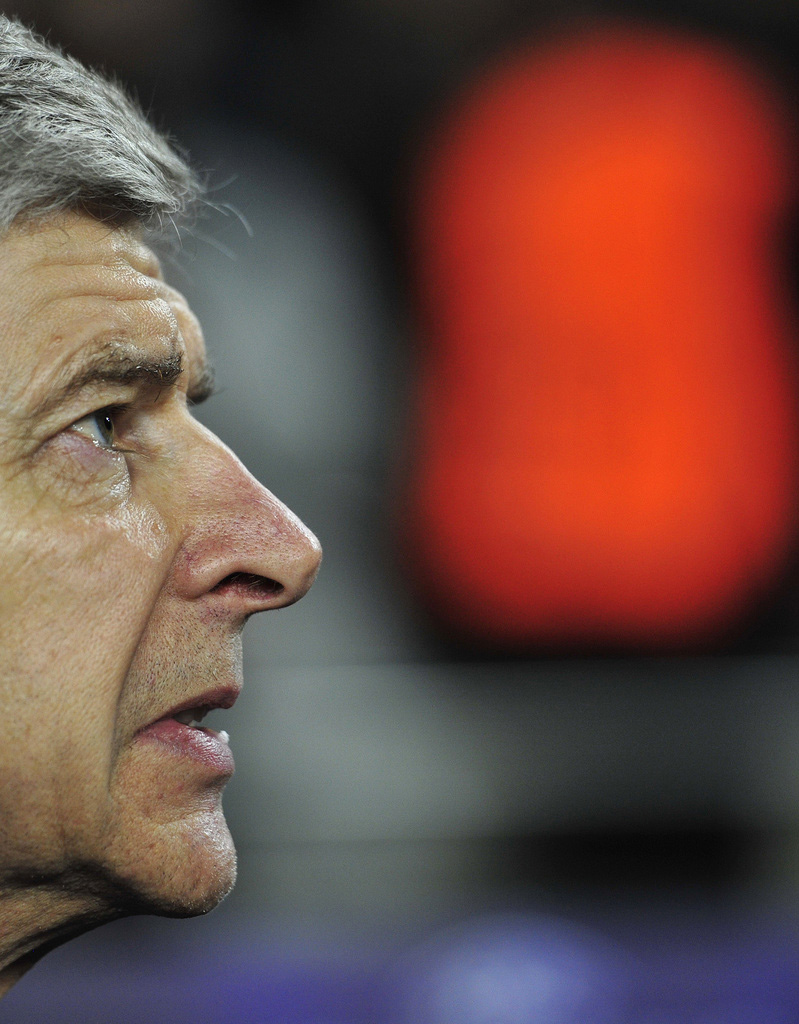
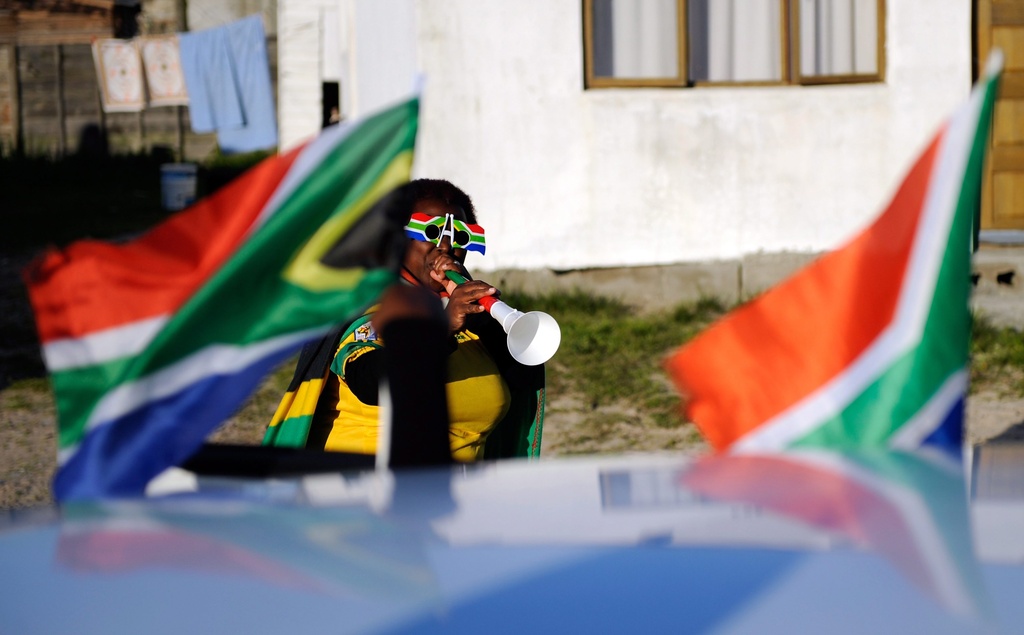
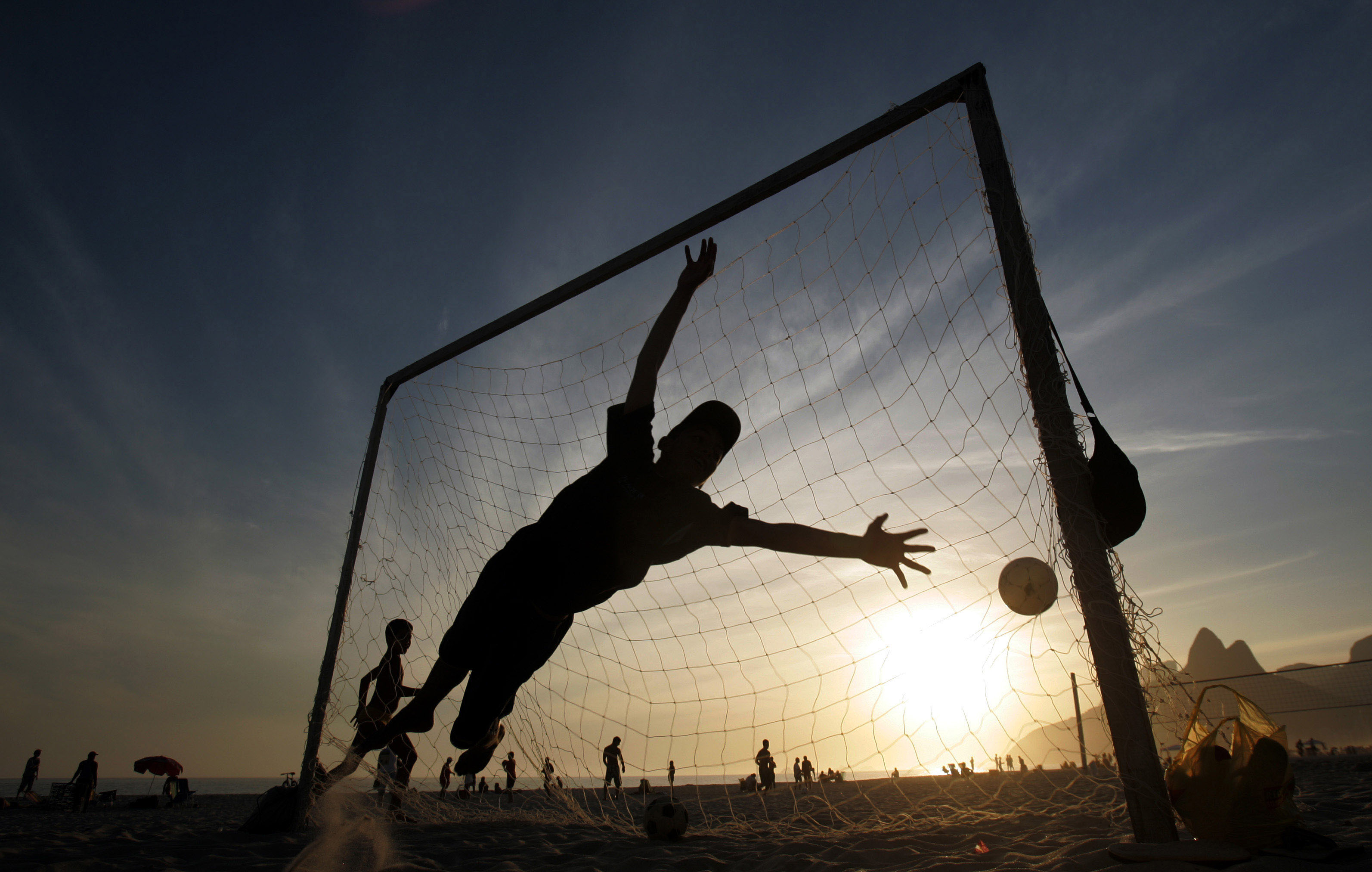
You can find an overview of ongoing debates with our journalists here. Please join us!
If you want to start a conversation about a topic raised in this article or want to report factual errors, email us at english@swissinfo.ch.